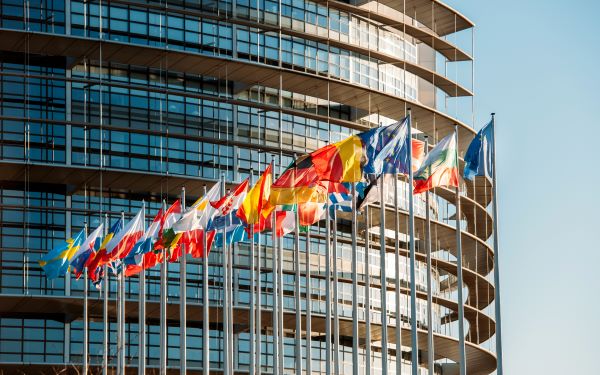Last Wednesday, in a series of ten votes, European lawmakers endorsed the regulations and policies that make up the Pact on Migration and Asylum. After years of discussions and disputes, the deputies approved an agreed compromise, which will significantly tighten the current regulations regarding migration to the EU. The document addresses the question of who should take responsibility for migrants and asylum seekers when they arrive and whether other EU countries should be obliged to help.
Among the most significant measures is a new way of sorting asylum seekers before crossing the border through screening. This will facilitate their deportation if it is decided that they have no chance of succeeding with their request. Another important measure is the so-called principle of solidarity, a new system of binding regulation, which allows member states refusing to accept asylum seekers to pay a financial contribution or provide operational and technical support.
The EU has been attempting to reform the migration and asylum policy since 2016. After Wednesday’s vote in Parliament, the member countries have to approve this legislation in the European Council later this month. The Council’s approval is expected to be a formality, since the negotiators of the Union’s leading institutions agreed on the final form of the pact back in December. According to Ariadna Ripoll Servent, an Austrian analyst specialising in European migration and asylum policy from the Institute for European Integration Research in Salzburg, it is likely that thanks to many years of discussions, it would be complicated for any member state to block it.
However, it’s no secret that this measure is controversial for some. Ripoll Servent warns that in the past some countries have already blocked reforms, even though they were beneficial to them. According to her, many of these countries are still countries of emigration rather than immigration, so they have little experience with immigration and greater cultural diversity.
They therefore have little incentive to accept relocation of migrants. Ripoll Servent adds that the issue of migration has been captured and used by populist parties, who portray it as a threat to the culture and living standards of local communities. Therefore, she explains, the provisions of the new pact will be implemented differently in individual member countries. States are likely to choose the parts of the pact they like best and implement them more effectively.
After the vote in Parliament, it is interesting to observe the motivation of the deputies for the individual factions. While conservative MEPs mainly justified their vote against it by saying that the proposal does not sufficiently address the protection of external borders and the causes of migration in the countries of origin of migrants, the left-wing opponents of the approved text argued that it is not particularly ambitious and violates the human rights of migrants. However, it should be remembered that the resulting compromise is one with which no one may be satisfied. That is, even those who supported it, although they had reservations about it, believed the need to redefine a common European migration policy prevailed.









